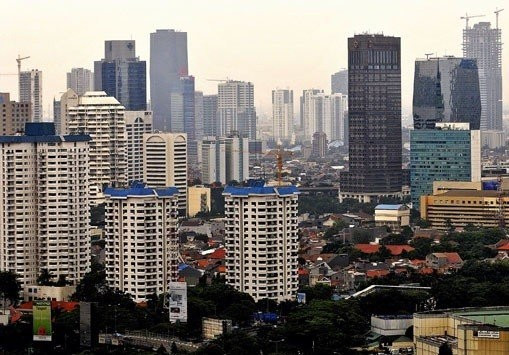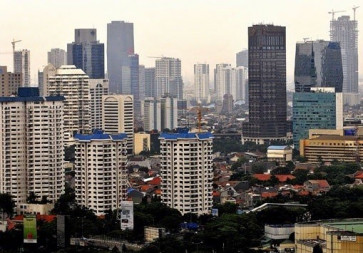Popular Reads
Top Results
Can't find what you're looking for?
View all search resultsPopular Reads
Top Results
Can't find what you're looking for?
View all search resultsElections, trade war create tougher conditions for property sector this year
Colliers’ data showed the apartment occupancy rate fell to 85 percent in the third quarter of this year from 87 percent in the second quarter.
Change text size
Gift Premium Articles
to Anyone
T
he year 2019 proved to be yet another tough year for the property sector as national elections and a slowing global economy persuaded consumers to hold off on buying or renting property.
The year’s property market got off to a tough start as the high-interest rate trend from 2018 persisted at the beginning of the year, putting consumers off buying property over fears of high mortgage payments. It continued to endure tough conditions amid the elections held in April.
The elections caused political uncertainty over the nation’s leadership, as well as public tensions offline and online that ensued even after the elections, causing consumers and investors to await the latest developments before investing their money in property.
Tensions and uncertainties cooled off as the Constitutional Court in June legitimized the result of the April presidential election, which meant President Joko “Jokowi” Widodo would keep his position for the next five years. The optimism was then backed by the fact that the government issued yet another stimulus to boost demand in 2019.
The Finance Ministry issued in June a new tax policy for the property sector, in which it increased the minimum taxable sale of property subject to luxury goods tax (PPnBM) to Rp 30 billion (US$2.1 million) from the previous Rp 20 billion for houses and Rp 10 billion for apartments.
The ministry then followed the new policy with more incentives when it announced in early July that it would also lower the tax rates for houses and apartments priced above Rp 30 billion from 5 percent to only 1 percent.
Suahasil Nazara, the ministry’s former fiscal policy head, said the incentives were part of the government’s effort to boost demand for luxury property that had been slumping for the last few years. Moreover, the incentives would hopefully boost other related industries such as construction, transportation and warehousing, which could bode well for the country’s economy.


















